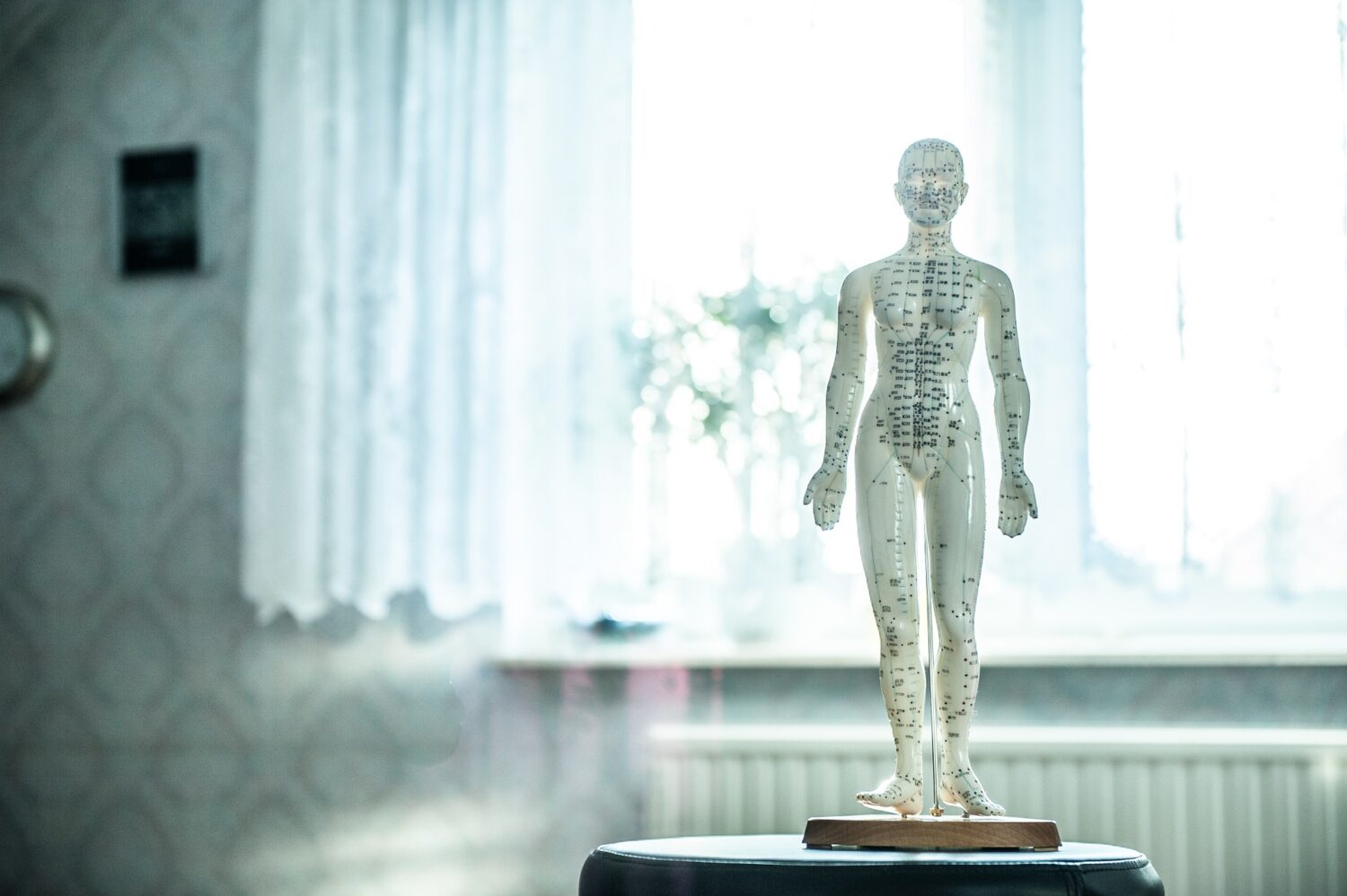Osteopathy – the most important information
Osteopathy is the term for a manual therapeutic system. The method of treatment in question was created over 100 years ago in the United States, and today it is very popular all over the world. Also in Poland, you can easily find a qualified osteopathic specialist. It only takes a few minutes to search the Internet for information on professional osteopaths, and our eyes will see hundreds of offers from qualified specialists in this field. How is an osteopath different from a physical therapist? Osteopaths have much more advanced medical education. They have to look much more at the various pathologies that occur in patients in the locomotor system.
History and importance of osteopathy.
History and importance of osteopathy
- https://www.fao.pl/reklama-natywna-co-to-jest/
- https://www.podkladka.com.pl/konstrukcje-stalowe-i-ich-zastosowanie/
- https://www.tathe.pl/triumfalny-powrot-sztucznych-kwiatow/
The birth of osteopathy took place in the United States over a hundred years ago. The founder of this branch of medicine was the doctor Andrew Taylor Still. Due to many very unpleasant experiences, such as the very unpleasant illness of his wife and three children, he greatly doubted the ability of traditional medicine. His loved ones died of meningitis. The doctor decided to start a series of studies on anatomy and biomechanics. He independently defined a number of principles that are still the foundation of this extremely popular medical system and branch of philosophy for many today. Osteopathy believes that every organism has the ability to regenerate itself. It depends only on the faith of a given person whether and when he will be able to fight a given disease. According to osteopaths, the most important thing in therapy is the will to fight and the desire to recover.
What is osteopathy?
People who adhere to osteopathy believe that the body is one, great whole, not the sum of fully independent organs. All organs are heavily dependent on each other – if something goes wrong with one of them, then the rest of them may also stop working as they should. Narrow treatment specialties according to osteopaths are very bad practice because they often make it impossible to fully cure a given patient. Instead of focusing on only selected symptoms, you need to pay attention to the overall condition and general well-being of a given person. According to osteopaths, the greatest attention should be paid to the nervous system.
In osteopathy, the assumption that the patient is the best doctor for himself is also extremely important. We are talking, of course, about the human immune system. Osteopaths emphasize that each organism has a number of self-regeneration abilities. Pharmacotherapy or surgery in many cases may turn out to be much less effective than the ability to cure a specific organism that will fight a given disease on its own.
Training for osteopaths
In order to be an osteopath, it is not enough to complete a few trainings or courses. Training osteopathy should only be a supplement to be able to fulfill this extremely important profession. To practice this profession, you must first obtain the title of a doctor or physiotherapist. What are the differences between physiotherapists and osteopaths? The latter have a much more advanced medical education. They must also always remember to assess the individual pathologies of the locomotor system much more broadly. Training osteopathy is by no means enough – a candidate for an osteopath must have a very broad knowledge . No one “on the move” can be an osteopath, because the process of gaining knowledge in this field is extremely time-consuming.
The osteopath must be a true detective with knowledge in several different fields – neurology, physiology, biomechanics and anatomy. Such a specialist must also analyze the symptoms very well and combine certain information in order to be able to make a correct diagnosis. The human body is a system of interconnected vessels, so the osteopath must look at them holistically.
Back pain can indicate problems in a completely different part of your body that aren’t going to be related to your spine at all. Diagnosis by osteopaths must be based on a very precise determination of the degree and place of the pathology. Diagnosis and treatment of patients is performed primarily manually. The osteopath needs to know exactly how to use his hands in therapy in order to properly heal the patient of his serious illness.






